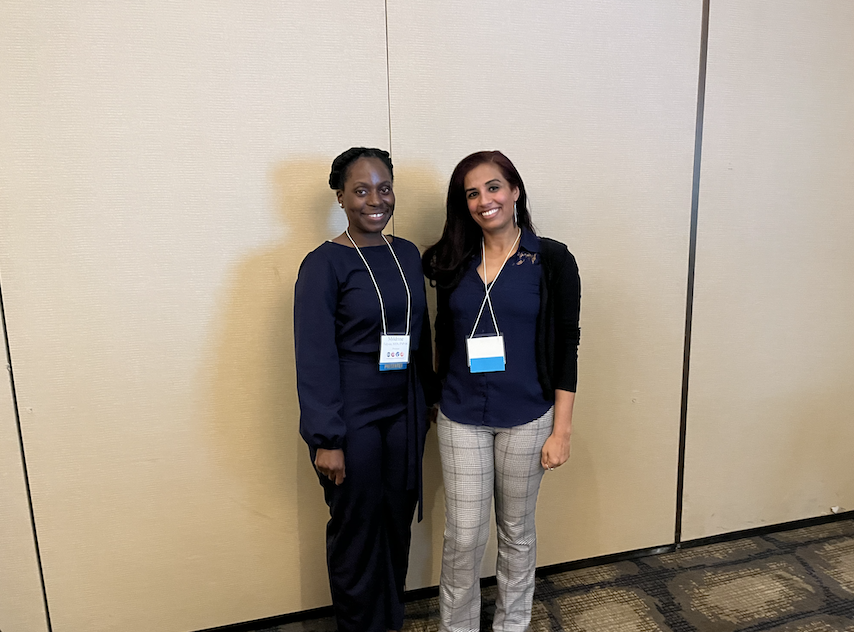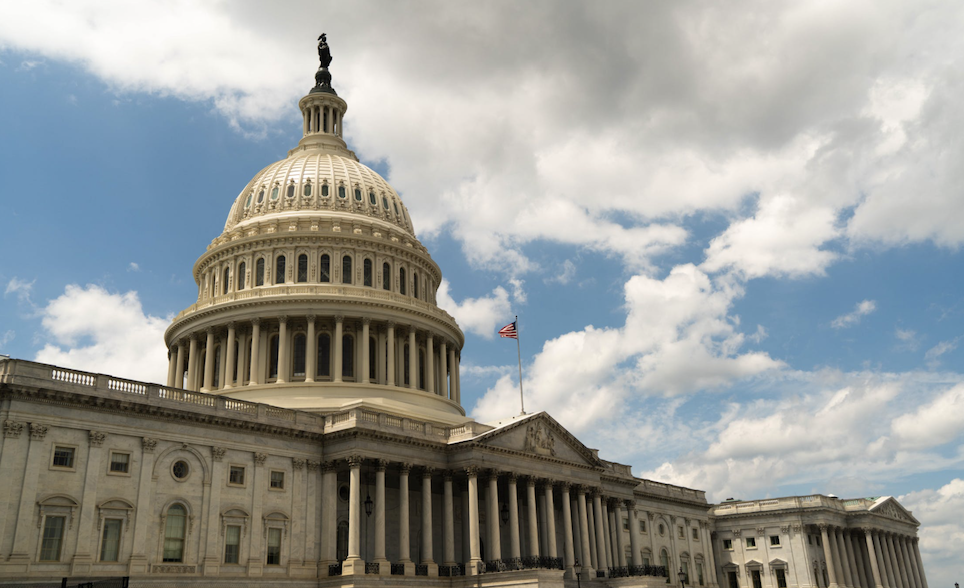By Urvashi Sharma
In an article written by bioethicist and philosopher Brian D. Earp, he comments on the argument presented by Richard Shweder that childhood female genital cutting (FGC) should be legalized in order to balance acceptance of childhood male genital cutting (circumcision) in many communities. In contrast to Shweder’s argument, Earp believes male and female circumcisions that are medically unnecessary, and performed without consent, should be “opposed equally on moral and legal grounds and discouraged by all appropriate means.” The solution to this imbalance? A gender-inclusive opposition to genital cutting.
Firstly, on the subject of gender imbalance, I believe there will always be one. From the first time that I learned about FGC and what it meant, I always wondered if it was similar for males. I read page after page about how there is so much more sensory tissue in the clitoris; there are so many more health risks, so many more types, and so much more pain. I read about the religious reasons behind male circumcision and the oppressive reasons behind FGC. Yes, there are religious reasons behind the carrying out of FGC as well; it’s just that the oppressive reasons layered behind the doctrine of religion for why FGC is done hold more of my attention. The fact that it is a female-specific reason holds more of my attention. By female-specific I mean that it is an attribute of being female itself- feeling pleasure is sinful, sex is almost like a service to a man in which the female and her needs are secondary etc.
I often wondered (and still do) about how-and why- these practices are lumped together like they are the same thing. Different anatomy, different reasons, and different agendas cannot be clumped together under a single umbrella, as though they are the one and the same. To me, this is not an apples to apples comparison.
A phrase that Earp frequently uses in his article is “non-consensual.” That stuck with me because ever since I learned about FGC, I never thought about it like that. I associated FGC with words like “violation” and “autonomy” and “fundamental rights”, but I never outrightly asked that simple question of consent. I believe Earp makes an important point. He skillfully avoids interfering in cultural reasoning behind genital cutting to stick to the issue of consent and minors.
I agree with Earp’s argument that the solution cannot be regression in the form of legalization of FGC. I believe that one of the major problems of the subject of circumcision is its nature itself. A practice with cultural influences, gender-based influences, race-related influences and socioeconomic influences (to name a few) cannot be tackled easily at all.
Are either FGC or male circumcision consensual? Can this individual, most often a child, make decisions using their own judgment? And that’s an important place to start, really. Yes, I feel FGC is incomparable to male circumcision in the sense of bodily impact due to the simple fact of different anatomy; however, starting at the root- the root of consent- is vital.
Both of these practices are non-consensual when they occur to children who are not old enough to give consent. Can you ask your eight-day old baby if he is okay with undergoing circumcision and carrying on your customs and values? Can you ask your five-year old daughter if she is okay with getting her clitoris cut as a cure for her masturbation?
And is the question really about whether these practices are medically beneficial or not? Following this logic, the justification for carrying out this practice is the fact that it will have some medical benefits: let’s cut a part of your body because in the long run, you will be healthier. I don’t understand that argument.
Unless it is absolutely necessary (medically) for this part of the body to be removed to be healthier, I see no reason why the question of consent should be ignored in this decision-making process that concerns bodily autonomy. I see no reason why FGC should be legalized for young girls just to bridge the so-called equality gap.
Make it equal by allowing FGC and reversing the progress that has been made to try to end FGC, Richard Shweder is essentially saying. But we cannot go back, not in any way. Forward, until the end of this harmful practice entirely, is the only way to go.








